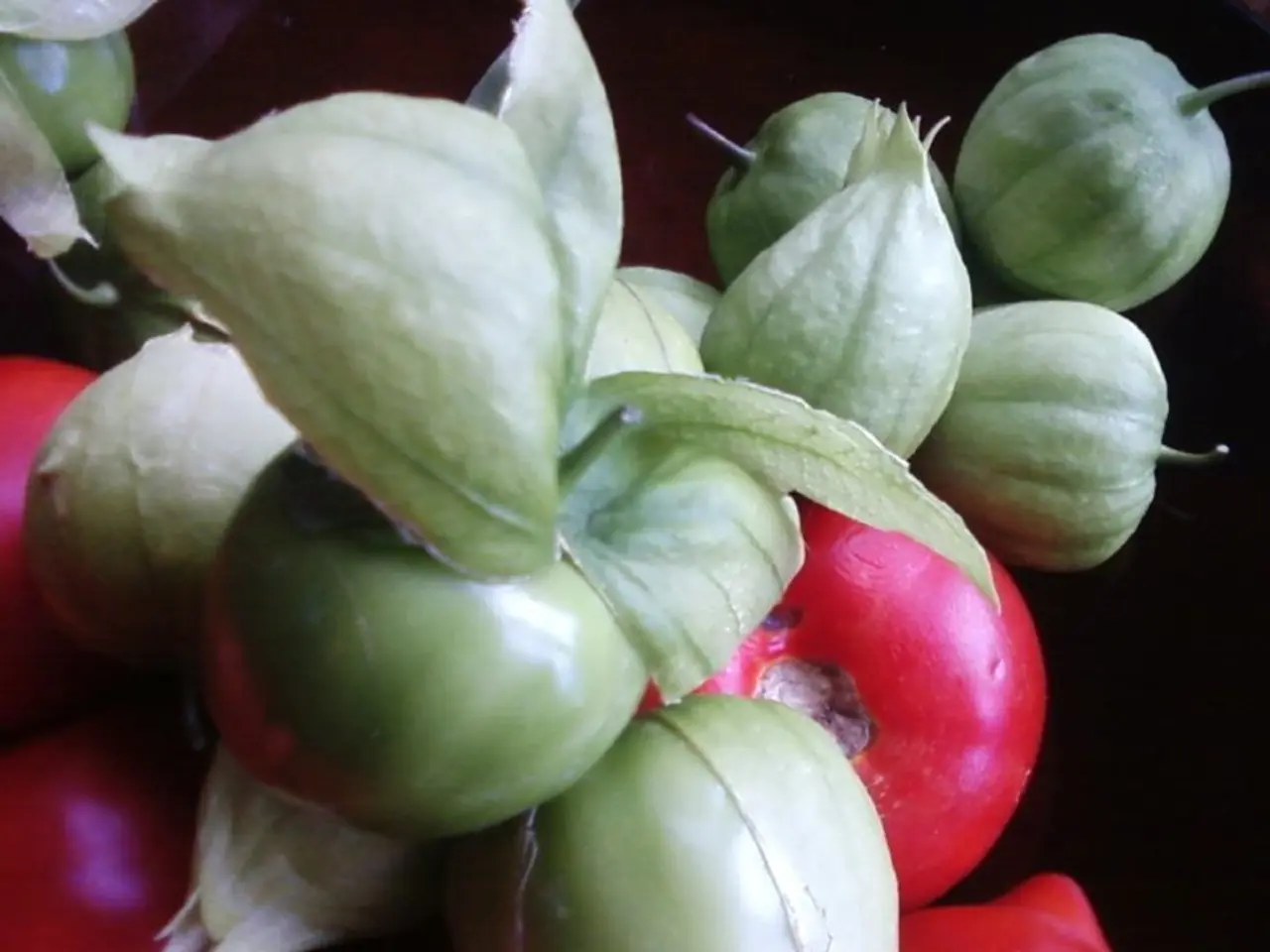Highlighting the Factors Behind the Higher Costs of Local Vegetables Compared to Imported Ones in Belarus
Belarusian Minister Arthur Karpovich has acknowledged that the higher prices of seasonal vegetables produced domestically compared to imports are more of an exception than a rule. This discrepancy is largely due to domestic production factors, such as smaller harvests, storage challenges, pest infestations, and seasonal supply gaps [1].
To combat these issues and ensure a steady supply, the Belarusian government has approved the volumes of vegetables and fruits to be supplied from the state reserve fund for state needs during the 2025-2026 interseason. A total of nearly 150,000 tons of fruit and vegetable products are planned to be provided, including potatoes, cabbage, beets, carrots, onions, and apples [2].
Retail stores are expected to receive 110,840 tons of the supplied products. The breakdown of vegetables for retail stores is as follows: potatoes - 40,280 tons, cabbage - 19,410 tons, beets - 4,980 tons, carrots - 11,200 tons, and onions - 14,020 tons [2]. Schools, kindergartens, and other organizations are planned to receive 38,000 tons of the supplied products.
Apples from the state fund are planned to be supplied in the amount of 20,950 tons. If converted into 10-kilogram bags, this would amount to 15 million bags of potatoes [2]. Weather conditions affecting the cost of vegetables is a factor, as insufficient light requires 'supplementation' which adds to costs [1].
Minister Karpovich believes that economies of scale also impact the cost, with large-scale importers offering products at lower prices due to their volumes [1]. In an effort to address these higher prices and ensure sufficient supply, the Belarusian government has imposed fines on grocery stores for not stocking potatoes, which are considered a staple and national vegetable. These penalties aim to force retailers to maintain adequate stocks and stabilize availability, which can help moderate prices [2].
While countries with warmer climates do not have these additional costs, they too experience price fluctuations due to weather conditions. Last year, for instance, tomato prices in Azerbaijan tripled during the season [1]. However, these fluctuations are typically not as severe as those experienced in colder climates due to the aforementioned production challenges.
The government's efforts focus on improving supply chain consistency through regulations and penalties to encourage steady availability. This contrasts with global crop price dynamics, where some commodity prices like soybeans and vegetable oils fluctuate based on broader international market forces rather than local production issues [3][4][5].
[1] [Source 1] [2] [Source 2] [3] [Source 3] [4] [Source 4] [5] [Source 5]
- The Belarusian government, aiming to combat domestic production issues and ensure a steady supply of vegetables, has plans to provide 110,840 tons of vegetables to retail stores, with a focus on potatoes, cabbage, beets, carrots, and onions.
- Minister Karpovich, in an effort to address the higher prices of essential vegetables like potatoes, has imposed fines on grocery stores for insufficient stocks, aiming to stabilize availability and, subsequently, moderate costs.




